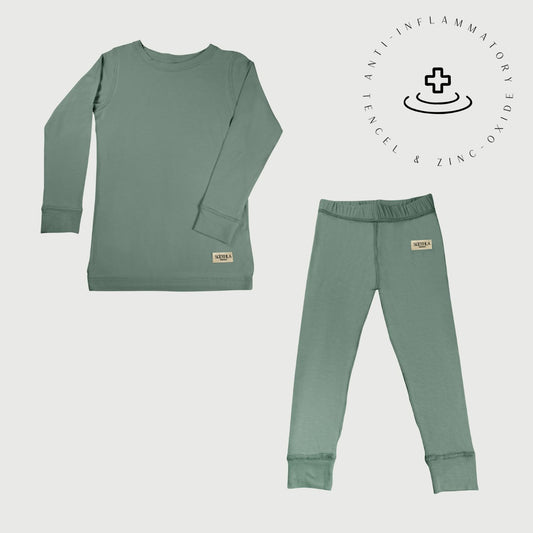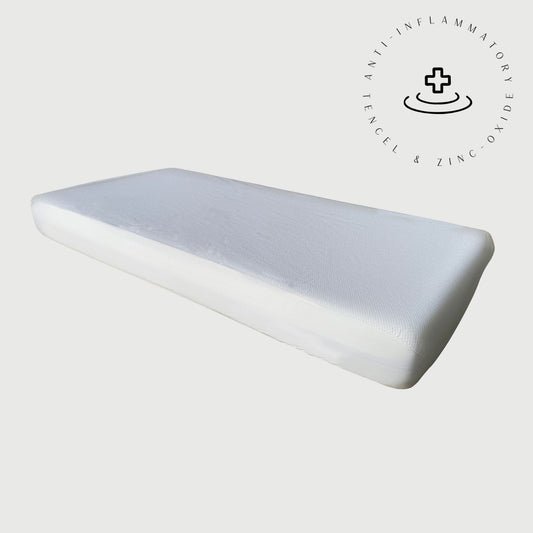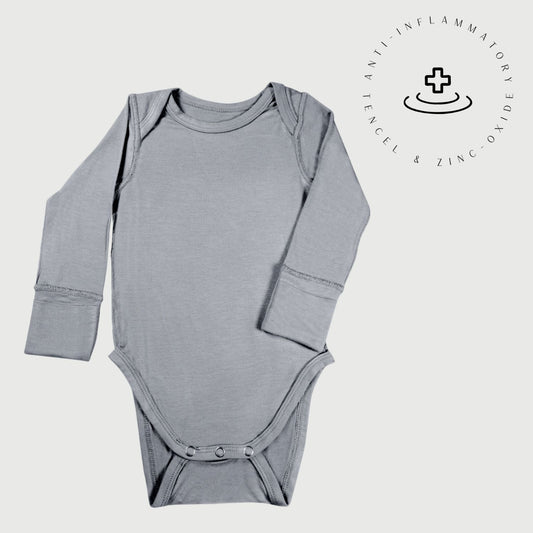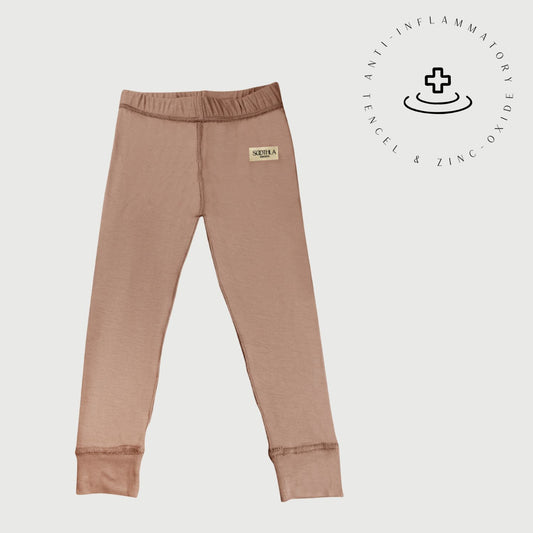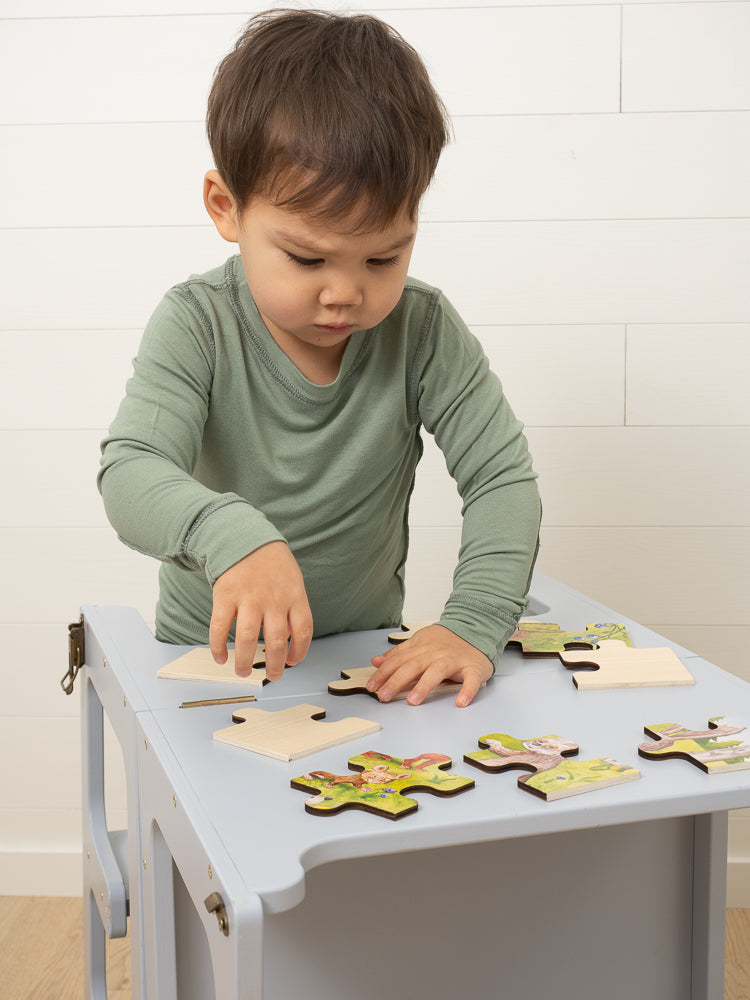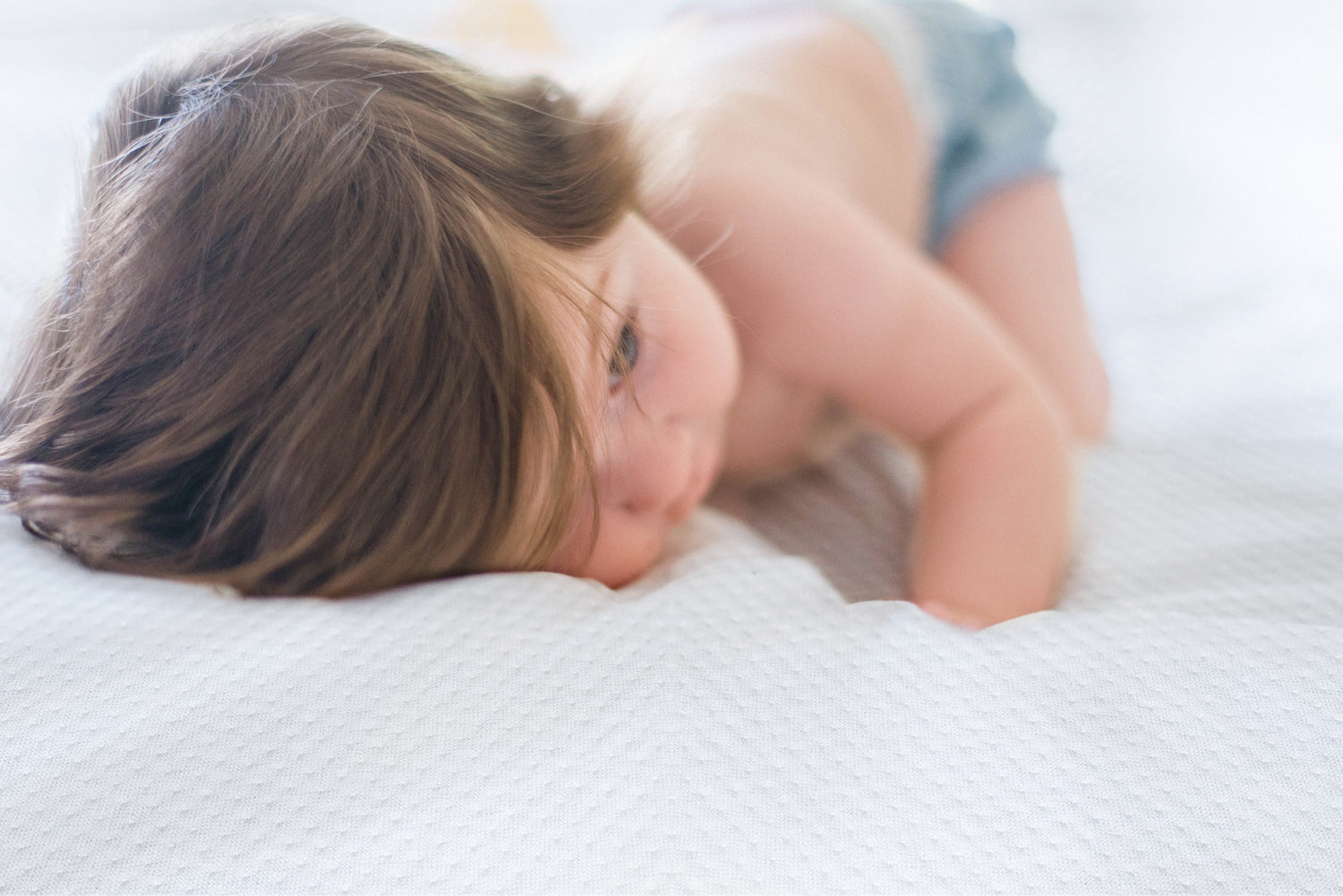This article was last updated on 10 November 2023
Eczema has been described as the hidden, forgotten disease by Karolinska Institutet, a Swedish university that specializes in medical academic research. The Swedish eczema organization Atopikerna has also dedicated its entire 2022 report to this topic.
As much as 20% of children and 10% of adults suffer from eczema, yet it's hardly ever talked about.
How does eczema impact life quality?
Physical discomfort
Eczema causes itching, redness, dryness, and inflammation of the skin. These symptoms can be quite uncomfortable, leading to frequent scratching, pain, and irritation. Persistent scratching can further damage the skin, leading to infections and increased discomfort.
Disrupted sleep
The intense itching and discomfort associated with eczema can disrupt sleep. The itching often worsens at night, leading to difficulty falling asleep and frequent awakenings. This lack of quality sleep can result in daytime fatigue, irritability, and difficulty concentrating. For children, this can even affect their cognitive functioning.
Our soft lyocell clothing and bedding with integrated zinc oxide are specially developed for those suffering from eczema. The combination of lyocell and zinc we use in our fabric is clinically proven to reduce the symptoms of eczema and soothe sensitive skin after only three days of use.
Self-esteem
Self-esteem can be tricky for those struggling with eczema. If the eczema is prominent or widespread on visible areas such as the face, hands, or legs it may lead to self-consciousness, embarrassment, or low self-esteem. Feeling ashamed of one’s skin can limit an individual’s social interactions and participation in social activities.
Limited physical activity
Apart from psychological and emotional challenges, eczema can lead to physical limitations in various daily activities. The discomfort and pain associated with eczema may make it difficult to engage in physical activities, such as sports or outdoor play, which can affect physical fitness and social interactions. Additionally, some may limit their participation in swimming or other water-related activities due to concerns about worsening their eczema.
What can you expect from eczema at different ages?
Eczema in Infants (0-2 years)
Eczema commonly appears in infancy, often on the face, scalp, arms, and legs.
For infants, the itching can be intense and symptoms such as redness and dryness of the skin are common. The discomfort can lead to fussiness, sleeping difficulties, and in severe cases even issues with feeding/breastfeeding.
To reduce the risk of an infant scratching itself we recommend keeping the nails trimmed and to use clothing that covers the infant’s hands, such as our Baby Bodysuits with foldable anti-scratch mittens.
Eczema in Toddlers (2-5 years)
During this age, some toddlers might outgrow their eczema whilst others experience a worsening of their skin condition.
Due to increased mobility, a toddler will often scratch themselves more, causing severe irritation on their delicate skin. In more severe cases, this can lead to infections and even scarring. For toddlers, eczema may interfere with daily activities and impact their social interactions.
Eczema in Children (6-12 years)
During these ages, children may be more involved in managing their own eczema. You can help your child by identifying possible triggers and helping them set up a skincare routine that can be easily followed. Eczema may still disrupt sleep as well as the child’s participation in physical activities and their ability to concentrate.
Complications in self-esteem may start to occur as these are the ages where a child starts to compare themselves to peers.
Eczema in Adolescents (13-19 years)
These are the years where self-esteem can be the lowest for those suffering from eczema. Some may see improvements, or even a complete disappearance of their condition whilst others see a worsening. During this age, some may want to manage their eczema independently, but it’s still important to offer support and words of encouragement where needed.
Eczema in Adults
Eczema can continue into adulthood or even emerge for the first time during this stage. Some common triggers may be stress, allergies, and even environmental factors.
Those who have suffered from eczema since childhood will usually have an idea of the causes of flare-ups and what treatments or actions to take. For those experiencing eczema for the first time during adulthood, we strongly urge you to contact a doctor or medical professional to find out the cause and what treatment fits you best.
Eczema in Elders
For the elderly, eczema can still persist from childhood or may develop for the first time due to age-related changes in the skin. Some skin symptoms may be dryness, thinning, or even increased fragility.
It is important to note that not all those who suffer from eczema will have the same experience.
Please note that we are not a substitute for medical advice. If you or your child are suffering from eczema, we recommend seeking out medical advice from a doctor or medical professional.
For more information also see:
Atopikerna (Sweden)
Karolinska Institutet (Sweden)
VMCE (Netherlands)
AAD (US)


